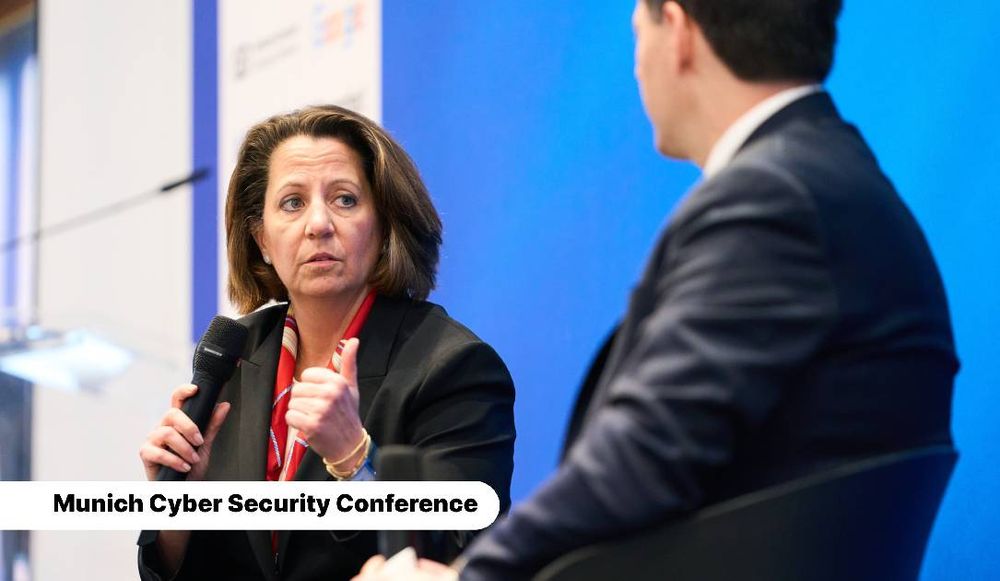DOJ’s Monaco: US focus on rolling up ransomware and cybercriminals will continue apace
MUNICH, GERMANY — After a year of an unprecedented number of large-scale ransomware and cybercriminal takedowns, one of the U.S.‘s top law enforcement officials said such actions would continue at the same scale in 2024.
“This has been a year of action for the Justice Department in our efforts to pivot to a strategy of disruption,” Deputy Attorney General Lisa Monaco told an audience at the Munich Cyber Security Conference on Friday. “You’re going to continue to see that same tempo of prevention-focused, disruption-focused, victim-centered action, and I would say ‘stay tuned.’”
Her vow to ensure that DOJ continues to prosecute cybercriminals wherever and whenever they can, comes just a day after the FBI announced that it had taken down an army of zombie computers, known as a botnet, used by Russian military intelligence to launch cybercrimes.
The botnet was made up of more than a thousand individual routers that the Russian Military Unit 26165, also known as Fancy Bear and BlueDelta, had hacked and controlled to launch phishing attacks and steal credentials among other things.
This is the second time in the past two months that the FBI and Department of Justice have swooped in to push nation-state actors out of routers. A Chinese-linked group called Volt Typhoon was found in hundreds of routers in the U.S. in January.
Among other things, Monaco said, prosecutors at the Justice Department are using traditional law enforcement tools to target illicit crypto operations that have allowed ransomware actors and cybercriminals to monetize their crimes.
“The lifeblood of the ransomware ecosystem is crypto,” Monaco said. “ So we’re going after that lifeblood, following the money and taking it back and also disrupting the ecosystem that fuels it.”
Case in point, she said, is the Justice Department’s decision to investigate and press charges against the world’s largest cryptocurrency exchange, Binance. Last November, prosecutors secured guilty pleas from the company and its CEO Changpeng Zhao to money laundering violations.
The company itself pleaded guilty and agreed to pay $4.3 billion in fines and restitution and as part of his guilty plea, Zhao agreed to pay a $50 million fine and step down as chief executive. Zhao faces up to 18 months in prison.
READ MORE: Munich Cyber Security Conference 2024 Live Updates
Dina Temple-Raston
is the Host and Managing Editor of the Click Here podcast as well as a senior correspondent at Recorded Future News. She previously served on NPR’s Investigations team focusing on breaking news stories and national security, technology, and social justice and hosted and created the award-winning Audible Podcast “What Were You Thinking.”



